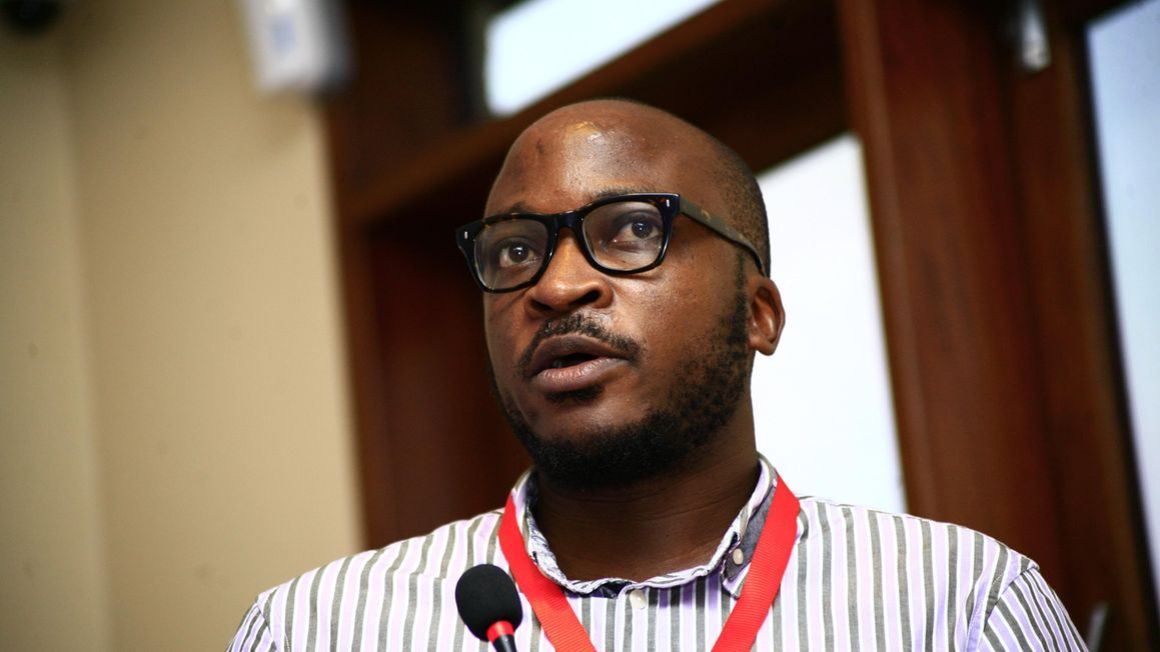Prime
The light at the end of South Africa’s tunnel feels like an on-coming train

Daniel K. Kalinaki
In 1995 Cape Town city in South Africa’s Western Cape province had 95 working train sets. By 2020 this had dropped to just 33 and counting. Daily train trips fell from 444 in 2019 to just 153 this year.
Many of the problems with the railway line are external. Since 2017 more than 140 train carriages, equivalent to 40 train sets, have been set on fire in the Western Cape. This is seven out of every 10 attacks on the railway system in South Africa. When train carriages are not being set on fire, tracks are being uprooted or being settled over by the poor and landless.
Despite promises to fix the rail and throw money at the problem, service on the Capel Town Central Line, one of only seven out of 34 metro train lines still in service, remains sporadic.
Fed up, the administration in the Western Cape, which is under the opposition Democratic Alliance, is asking the central government to allow it take over the railway system. The request is likely to be granted, and the DA says a feasibility study shows the rail can be run safely and profitably.
There are many underlying reasons for the galling inequality in South Africa generally – and the Western Cape in particular – which partly fuel the attacks on the railway system, but there’s something else, and bigger, underway.
At dinner in Johannesburg recently, an old friend said the old money folks in the Western Cape are pulling away from the rest of South Africa, if not physically, then at least politically, financially and ideologically. The Western Cape authorities are also set to licence and buy electricity from independent power producers.
“We jokingly call it the Republic of Cape Town,” my friend said, “but it is looking more serious with every passing day.”
Small fringe groups advocating for breakaway republics are not new in the Western Cape, and secessionist calls are unlikely to get broad support or yield any significant results, but the sense of disillusionment in South Africa is palpable and growing.
When I first visited South Africa in the late nineties the wounds of apartheid were still visible, but the air smelt of freshness and optimism. The Springboks had stunned New Zealand’s All Blacks in the 1995 rugby world cup final, before Bafana Bafana beat Tunisia to the Afcon trophy the following year. Nelson Mandela was the global poster boy of freedom and resilience.
In 2001, Thabo Mbeki helped birth the New Partnership for African Development, signalling the country’s confident and open foreign policy, underlying a rapid expansion northwards of South African capital.
It feels like a long time ago. Years of mismanagement, internecine political battles within the ruling ANC, and grand corruption of state-capture proportions have left SA feeling like a coulda-woulda-shoulda been.
Power blackouts and loadshedding are rampant because supply has fallen behind demand. Eskom, the state-owned power company, is on its knees. South African Airlines keeled over a few years ago and is only being helped back to its feet on the back of national pride, not business sense.
Unemployment hovers in dangerously high double-digit numbers. Crime remains a stubborn stain, fuelled by poverty, inequality, and a law enforcement ecosystem that festers with corruption and reeks of the wider fighting within the political ranks.
NEPAD lost momentum when Mbeki was forced out of office and many South Africans today regard foreigners, particularly fellow Africans, with brazen and increasingly violent xenophobia.
Cyril Ramaphosa was meant to be the adult in the room when he deputised Jacob Zuma, and a safe pair of hands when he took over as President. But he has proven underwhelming and even distracted. He is currently having to explain the provenance of millions of dollars stolen by farmhands from one of his ranches where it was stuffed in a sofa.
Tired of the corruption and incompetence, middle-class South Africans have voted ANC out in the major metropolitan areas in favour of the DA and the Economic Freedom Fighters. There are now fears that ANC’s traditional rural and semi-urban strongholds might not be enough to give help it hold onto power in 2024.
The old money in the Western Cape is insulating itself against the rest of the morass that feels sad, flaccid and diminished. They hope that better management will bring a light at the end of the tunnel. Unless something gives, the light at the end of the tunnel will, for many ordinary South Africans, likely be an on-coming train.
Mr Kalinaki is a journalist and poor man’s freedom fighter.
Twitter: @Kalinaki


